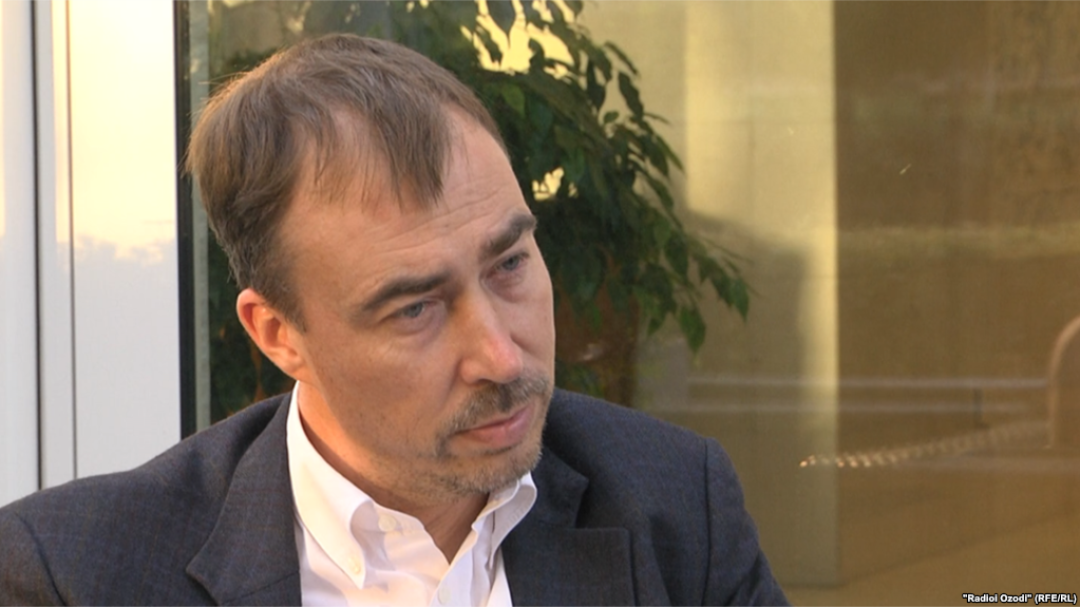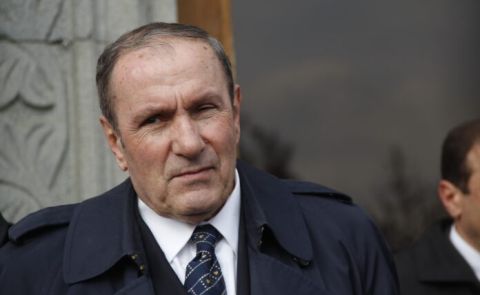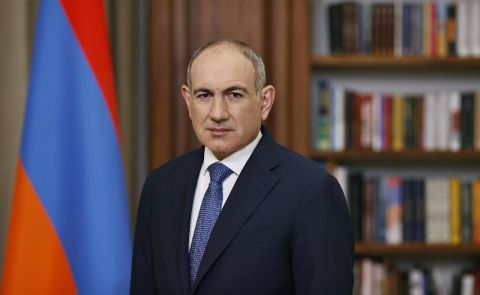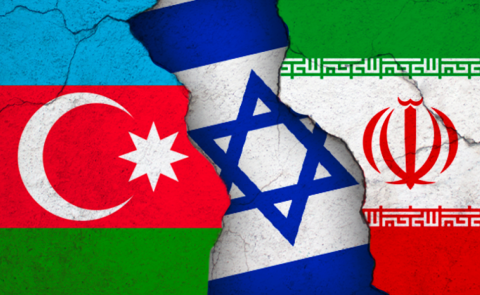
EU Special Representative Discusses With Georgian Officials Occupied Territories and Mediation Between Armenia and Azerbaijan

On February 14, during his visit to Georgia, Toivo Klaar, the European Union Special Representative for the South Caucasus and the Crisis in Georgia, held meetings with senior Georgian officials.
During the meeting with the head of the Georgian State Security Service, Grigol Liluashvili, the EUSR discussed the situation in the occupied Georgian territories and along the occupation line, in particular the illegal "borderization" process. The parties also discussed the challenging regional dynamics and their implications, with a special focus on the unconditional release of Georgian citizens illegally detained in the occupied territories. The crucial role of the European Union Monitoring Mission in maintaining stability along the occupation line was emphasized, as was the urgent need for the Mission to have unfettered access to the occupied territories in accordance with its mandate.
During the meeting between Nikoloz Samkharadze, Chairman of the Foreign Affairs Committee, and the EUSR, the importance of Georgia's mediation role between Armenia and Azerbaijan was underlined. The discussion also covered the complex situation in the occupied territories and Russia's illegal actions, including recent developments in Sokhumi and the decision by the de facto authorities to deny access to the EU Special Representative in Abkhazia. In addition, the parties briefly assessed the domestic political landscape in Georgia and its potential impact on the occupied territories in the midst of the pre-election period.
On 15 February, the meeting between State Minister Akhvlediani and EU Representative Klaar continued to focus on the EU's key role and commitment to a peaceful resolution of the conflict, in particular through confidence-building measures between the divided societies. Discussions also covered the humanitarian and human rights situation in the Occupied Territories, with particular attention to the implementation of reconciliation and engagement policies based on people-centered, status-neutral and needs-based approaches for conflict-affected populations.
See Also


Armenia Strengthens Ties with Council of Europe

Former Armenian President Labels Pashinyan a Traitor and Blasphemer

Pashinyan Addresses Key Issues on Church, National Future, and Fund Allegations

Azerbaijan Calls for 'Dialogue and Diplomatic Resolution' Between Israel and Iran

